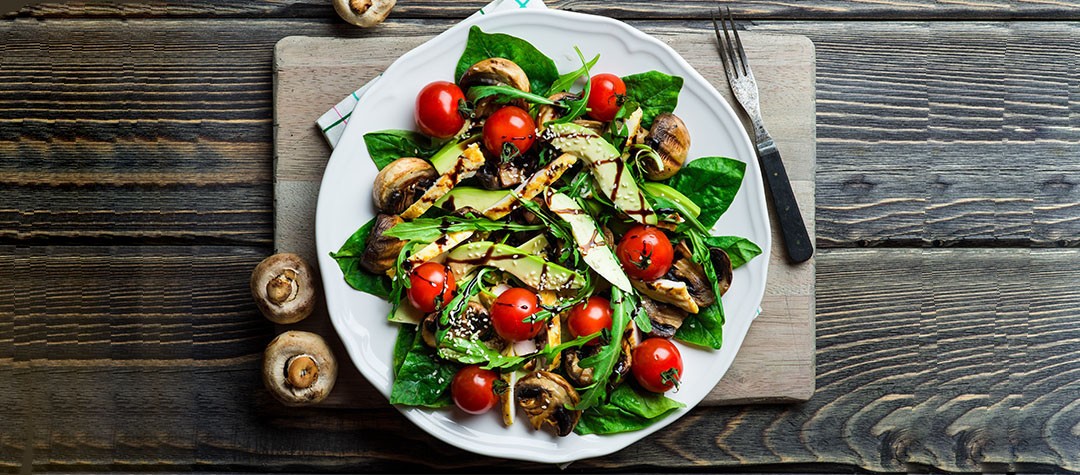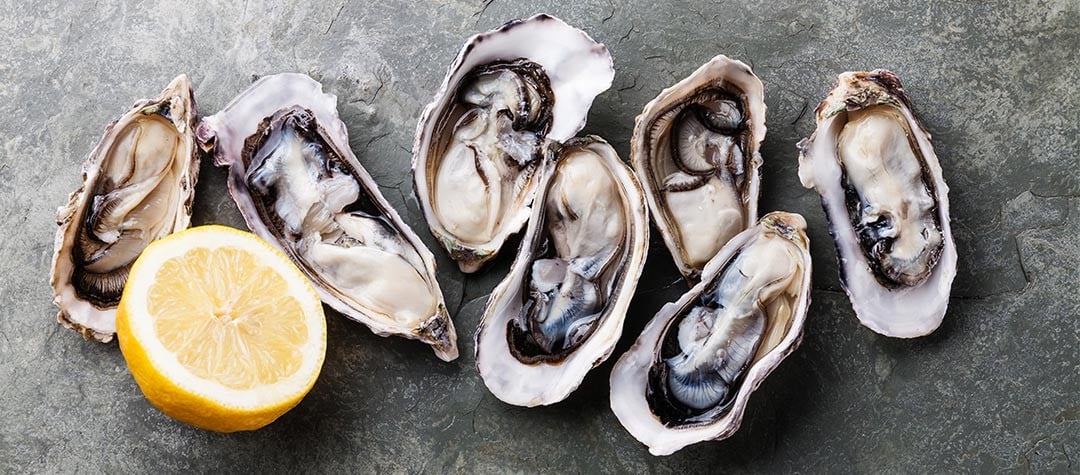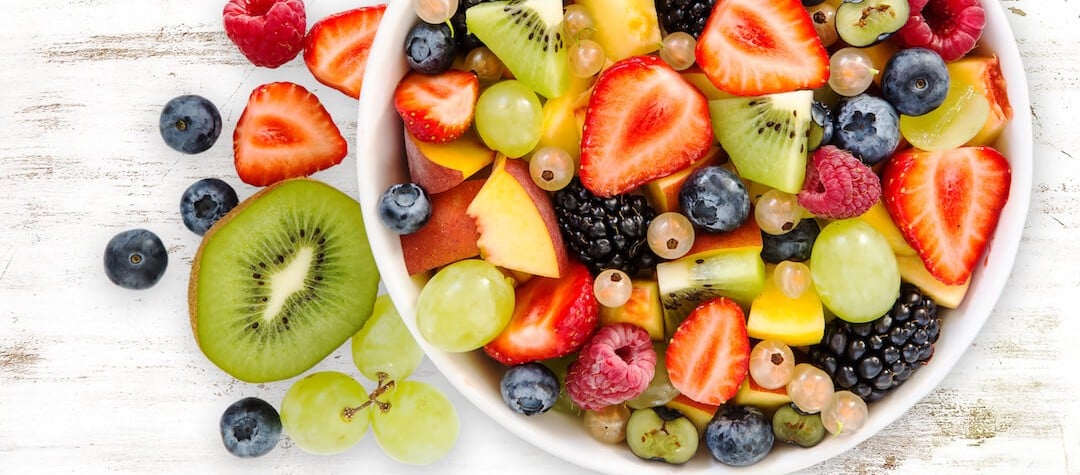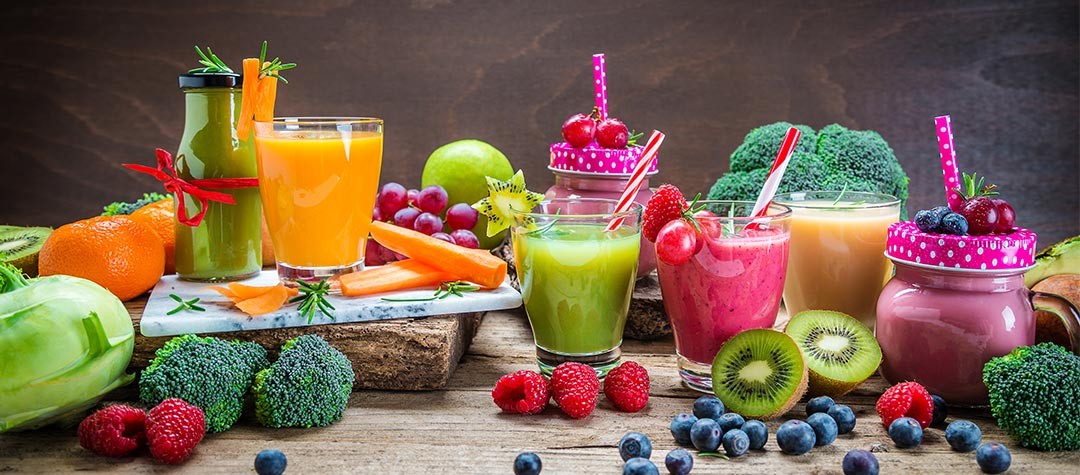Eating healthily does not have to involve denying yourself of your favourite foods. In fact, making a few basic changes to the way you approach your food, from buying to cooking, can have a massive impact on your diet.
1. Take a new approach to shopping
"Eating healthily is too expensive” is one of the most overused excuses for avoiding a healthy diet. There are in fact some very easy ways to trim your shopping spends and your waistline at the same time.
In general try to cut down on red meat and have white meat or fish instead. Buy leaner cuts of meat and fish when they are on offer and freeze for later use. This will save you buckets of cash in the long-run.
In fact, apply this approach to your entire shop − if you see tinned healthy products like tomatoes and beans on offer, grab them and stow them for a rainy day (that's if you know you will eat them. Don't just stock up for the sake of it!). Finally, shop seasonally. Buy seasonal fruit and vegetables as they will be much cheaper and often have better taste and texture.
2. Oils
When cooking try not to deep fry and if you fry at all always ask yourself if you can grill, bake or steam your food instead − you’ll find the answer will often be yes.
Opt for olive oil as this is one of the healthiest of easily obtainable cooking oils. Again it is a common misconception that olive oil is more expensive. You do not need to use top quality, cold pressed, extra virgin oil for cooking. In fact if you do you’re wasting your money because all the lovely complex flavours essentially get burnt away with the heat. Buy cheaper olive oil and rub the food with the oil rather than putting it in the pan to avoid unnecessary excess.
3. Vary your colours
Deeply coloured fruits and vegetables look the way they do due their abundance of nutrients in various forms − the deeper the color, the higher the concentration. You should try to have a mixed color pallete on your plate to vary the nutrients you are taking in. Furthermore, look after these delicate health boosters by not over boiling your veg as most of the nutrients will be lost if you do. Noticed the water going orange when you overcook your carrots? That’s all the lovely carotene or vitamin A melting away into the pan water.
Finally with veg, where possible, do not peel. Instead scrub the skin clean and chop off the unpleasant bits. A lot of the important stuff is housed in the skin.
4. Sodium sense
Salt is essential to our diet but it has to be taken in moderation. Too much salt is to be avoided. This is not to say you have to totally eliminate salt but cutting out some and finding alternative flavour enhancers is a good thing.
Use spices in lieu of salt or to reduce the amount you use. Roasting vegetables, rather than boiling (though it adds to the cooking time) is a great way to draw out the flavors naturally. In general do not buy processed foods and try to cut down on fatty and salty meats like sausage and bacon. Even things like canned soup can be very salty so check and with canned fish, beans or veg, if they are preserved in brine, wash thoroughly.
Although (if you are short on time) this may be a bit of a step too far, try to make your own sauces and dressings. Just a couple of these basic changes will go a long way.
5. Super substitutes
One of the toughest things about dieting is having to avoid things you enjoy eating. Although you will benefit from cutting down on some trouble foods, if you find a recipe you really want to cook but think you can’t because of the unhealthy ingredients, don’t totally discard it and wallow in depression. Instead, think intelligently about how you can replace the 'bad stuff' with healthy alternatives.
This can be as simple as using low fat alternatives with dairy products, like mayonnaise or yogurt and cream, or as inventive as replacing some of the butter in the recipe with mashed banana or applesauce.
When baking replace parts of the recipes with oats or whole grains and replace refined sugars with more natural sweeteners like honey, maple syrup or even (for smoothies or if you are making your own jam for example) with pure juices. All of these are great natural sweeteners and you will struggle to tell the difference between recipes sweetened with these and ones sweetened with refined sugars.














